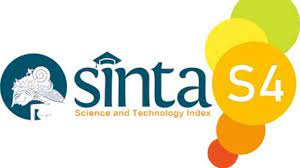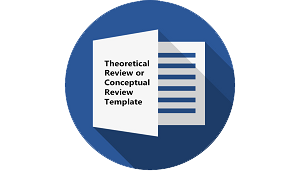USING PROTOCOLS TO IMPROVE GRAMMATICAL ERRORS IN PARAGRAPH WRITING BY THE SEVENTH GRADERS OF SMPN 1 KARANGPLOSO
DOI:
https://doi.org/10.30957/ijoltl.v3i1.402Keywords:
error analysis, auxiliary verbs, protocols.Abstract
Errors in auxiliary verbs have been the common problems faced by Indonesian learners to write in English. The aims of this study are to see   (1) kinds of errors are identified in the modal auxiliaries the students perform, and (2) how errors are used to improve grammatical sentences in the paragraph. This study used classroom action research with two cycles. This study was done involving 32 students of class VII-A of SMPN 1 Karangploso Malang. The results show that in cycle 1, all aspects of auxiliary verbs including: to be, to do, to have, and modal were made in the error forms. In average 81.2% students made errors. In cycle 2, the errors decline into 25%. In essence 75% of paragraph developed by students after learning protocols to correct the errors have limited errors in the auxiliary verbs.          Â
Â
Downloads
Download data is not yet available.
Downloads
Published
2018-01-01
How to Cite
Eliyawati, R. (2018). USING PROTOCOLS TO IMPROVE GRAMMATICAL ERRORS IN PARAGRAPH WRITING BY THE SEVENTH GRADERS OF SMPN 1 KARANGPLOSO. IJOLTL (Indonesian Journal of Language Teaching and Linguistics), 3(1), 23–32. https://doi.org/10.30957/ijoltl.v3i1.402
Issue
Section
Articles
License
Authors who publish with this journal agree to the following terms:
- Authors retain copyright and grant the journal right of first publication with the work simultaneously licensed under a Creative Commons Attribution-ShareAlike 4.0 International License that allows others to share the work with an acknowledgement of the work's authorship and initial publication in this journal.
- Authors are able to enter into separate, additional contractual arrangements for the non-exclusive distribution of the journal's published version of the work (e.g., post it to an institutional repository or publish it in a book), with an acknowledgement of its initial publication in this journal.
- Authors are permitted and encouraged to post their work online (e.g., in institutional repositories or on their website) prior to and during the submission process, as it can lead to productive exchanges, as well as earlier and greater citation of published work (See The Effect of Open Access).












